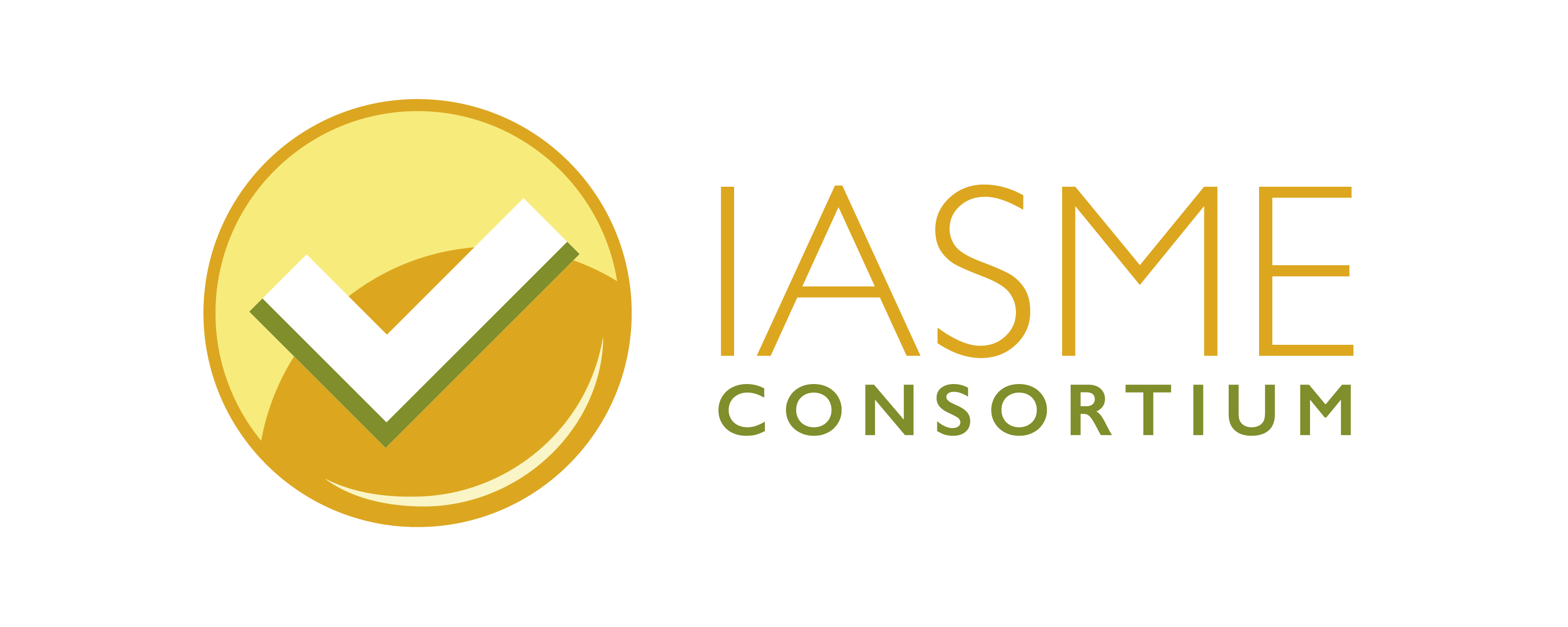This Month in Cyber News
- 55 Vulnerabilities in Squid Caching Proxy and 35 0days
- Microsoft Fixes Exploited Zero-Days in WordPad, Skype for Business
- Backdoor Masquerading as Legitimate Plugin
- Cloud gaming firm Shadow says hackers stole customers’ personal data
- The Art of Concealment: A New Magecart Campaign That’s Abusing 404 Pages
- The InfoSec Guide to the Principles of Zero Trust | CybeReady
- Securing Your React Native Frontend: A Developer’s Guide
Training & Development
- Future Learn | Doing Business in Web3 – Explore the fundamentals of Web3 and discover how its emerging digital technologies are transforming business.
- Future Learn | Cybercrime Prevention and Protection – Investigate cybersecurity protocol and procedures, and examine the challenges faced when trying to protect online environments.
- Microsoft Technical Architecture Fundamentals – This is Microsoft’s free learning platform, it will help any technicians aspiring to pass exams and gain one of Microsoft’s certifications. Content is free to access by anybody.
Workplace Strategy Tips – Confidence/Lost Confidence
- Working as a team is an essential part of completing projects, achieving targets and satisfying client expectations.
- Communication skills are what keeps a project running smoothly; the ability to share ideas, listen to others, resolve conflicts within the team and be adaptable to rethink strategies when needed. There is generally a time limit for a project to be delivered, so this too needs to be in everyone’s minds when planning together. Regular meetings may need to be scheduled and clear instructions set out on what role everyone is designated and what they are personally responsible for delivering.
- It is worth remembering when working collaboratively, that some people may not have the confidence to speak up in a group meeting; nevertheless, their opinions are important when working together. We can help them to contribute by asking for their opinion on a particular topic and encouraging them to collaborate by letting them know that we value their opinion and feedback. There is a fine line between being passionate about your ideas and dominating a discussion, so it is important to be aware that everyone’s voice and opinion in the room should be heard. Listening to others and focussing on what they are saying and how they are feeling will help build trust within a team – active listening includes tone of voice, body language and understanding individual needs.
- Organisation is a vital skill, especially if you are heading a project, and you may be in a position where you will need to delegate tasks to other workmates to get them completed on time. When organising, it’s good to have a timeline in mind so that everyone is aware of what they are doing and when they need to deliver their individual tasks.
- Unfortunately, sometimes there will be conflict between staff members when working together, somehow this must be resolved calmly and efficiently before it gets out of hand. Conflict resolution can be difficult when dealing with people with stubborn or strong opinions. In these difficult situations, it’s important to be empathetic and listen, but also to be firm about moving on and focussing on the important task in mind. Mediation between co-workers can be difficult, but talking and reasoning can often be the key to resolving issues; someone with these kinds of skills is often a good team leader, unifying everyone and ensuring that conflict does not become extreme enough to jeopardise important work. But it is incumbent on all of us to make sure that even if we disagree with someone or a particular way forward that the consensus is more important, and sometimes we have to agree not to disagree and focus on the task in hand.
- Collaboration in the workplace is also about being flexible and ready to tackle things that may at first seem unfamiliar to us. Learning to be adaptable and willing to have a go at something different and challenging can be rewarding and add to our skill set. You will find that things are always changing in the workplace and we all sometimes need to change with them and embrace new ways of working. If we find new tasks daunting, we of course need to communicate with line-managers and ask for help, but finding ways to tackle problems will inevitably be of benefit to everyone and help create a productive and rewarding workplace for all.
By Alex Jones
UK Cyber Security Forum, October 2023, All Rights Reserved

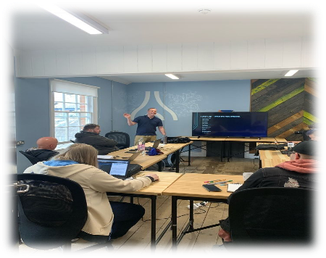
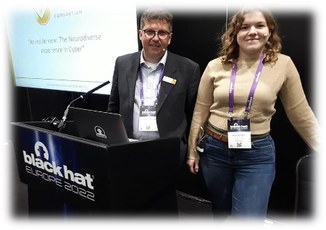
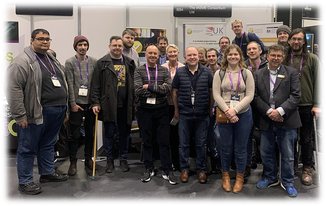
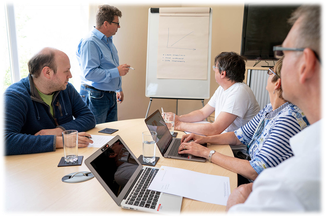

Cyber Essentials Impact Evaluation – Please Share Your Organisation’s Experiences
An independent impact evaluation of #CyberEssentials is now live. Organisation insights will help us build a picture of cyber resilience.
- Currently/previously CE certified? Visit
Starting survey… - Never been CE certified? Visit
Starting survey…
